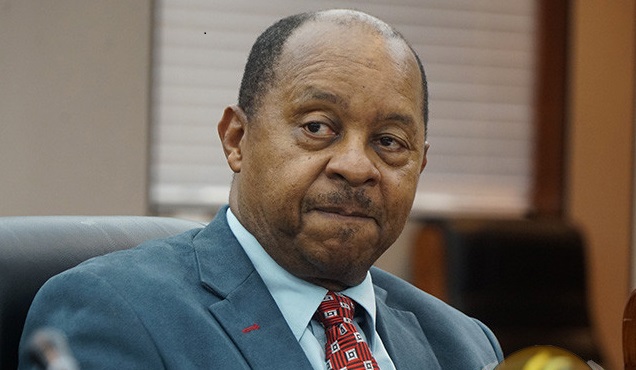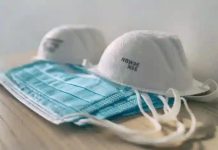Africa Press-Nigeria:
HARARE – Zimbabwe’s health minister is appearing in court in Harare charged with corruption over the procurement of coronavirus tests and equipment.
Obadiah Moyo was arrested on Friday after the government came under pressure from the opposition and on social media.
A $20m (£16m) contract was awarded to a Hungary-registered firm, allegedly without going through proper processes.
The government has not commented on Moyo’s arrest.
He is the second minister in Emmerson Mnangagwa’s government to face corruption charges.
The deal with two-month old firm Drax Consult is alleged to have been completed without the legal consent of Zimbabwe’s procurement registration authority.
The opposition has also expressed concern about a $2m payment to Drax Consult. The payment was flagged as suspicious by Hungarian authorities in March.
Last week businessman Delish Nguwaya, who is believed to be Drax’s representative in Zimbabwe, was arrested in connection with the case.
The government cancelled the contracts following public uproar.
One of President Emmerson Mnangagwa’s sons was forced to issue a statement denying a link to the company after pictures emerged of the Zimbabwean representative of the firm enjoying the company of the president and his wife and sons at several events.
The representative, Delish Nguwaya, and some top officials of the national drugs procurement agency are already facing criminal charges related to the scandal.
Nguwaya is accused of lying in saying the company was a drugs manufacturing company based in Switzerland, “whereas it was merely a consulting company with no experience in the manufacture of drug and medical products,” according to the charge sheet.
The scandal comes as health professionals including nurses and doctors in Zimbabwe are on strike demanding to be paid their salaries in U.S. dollars. They argue that inflation that is now above 750% and the erosion of the value of local currency have rendered incomes worthless. Most traders charge for their goods in U.S. dollars in the southern African country that has long faced economic collapse.
The health professionals also have complained about lack of adequate protective gear as the number of coronavirus cases rises.






